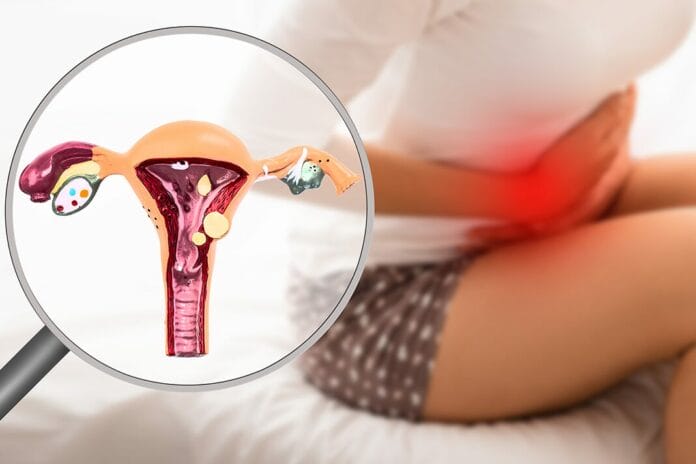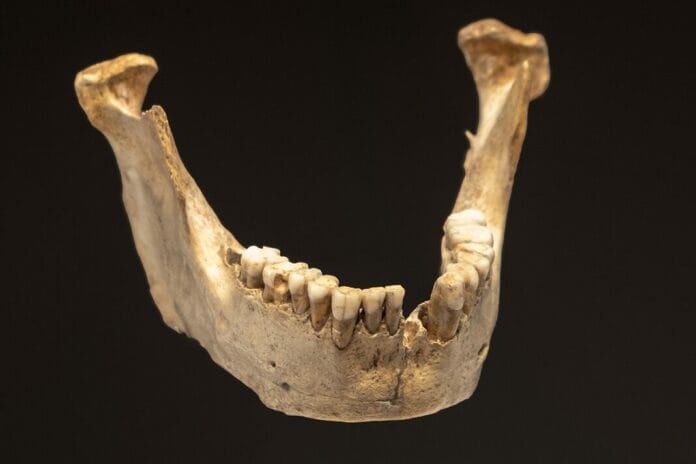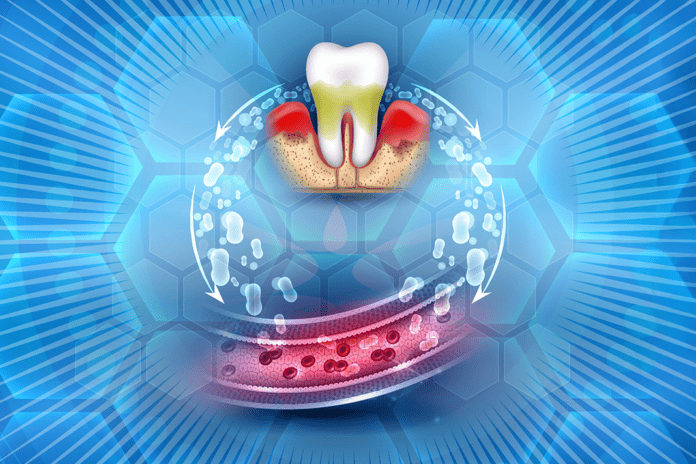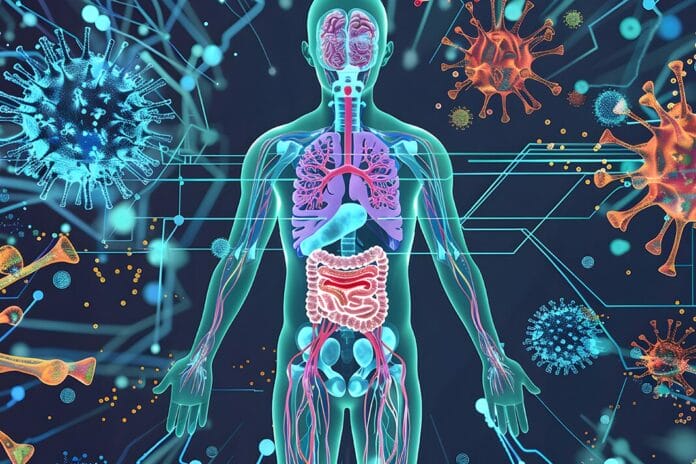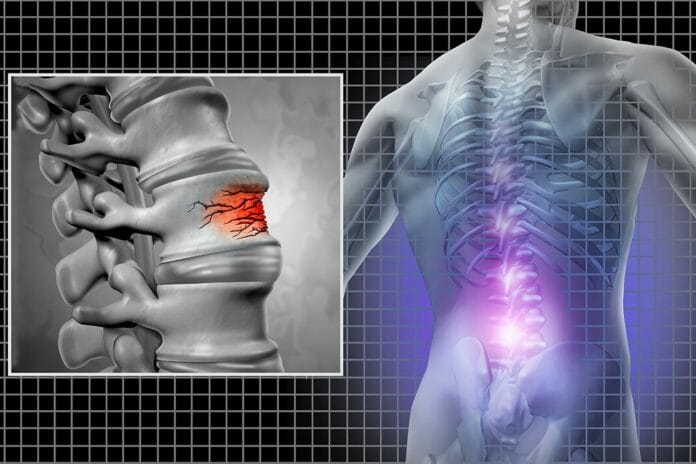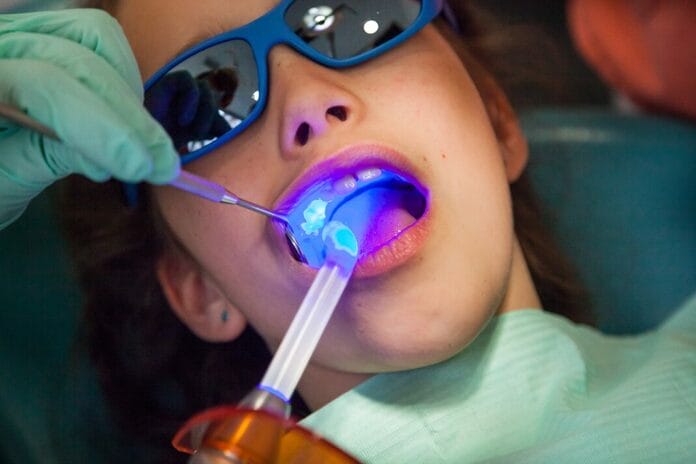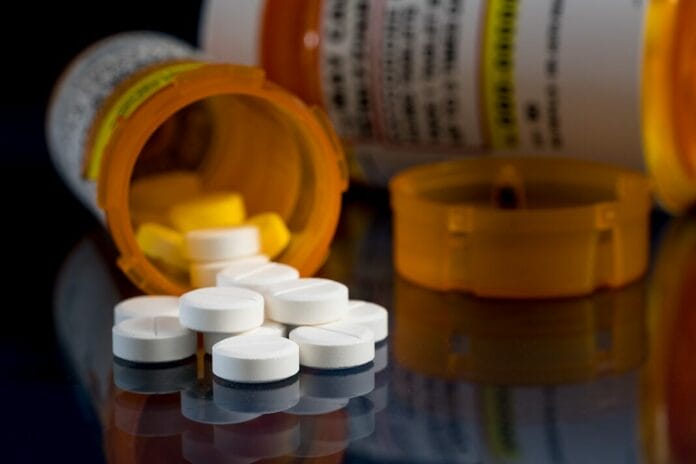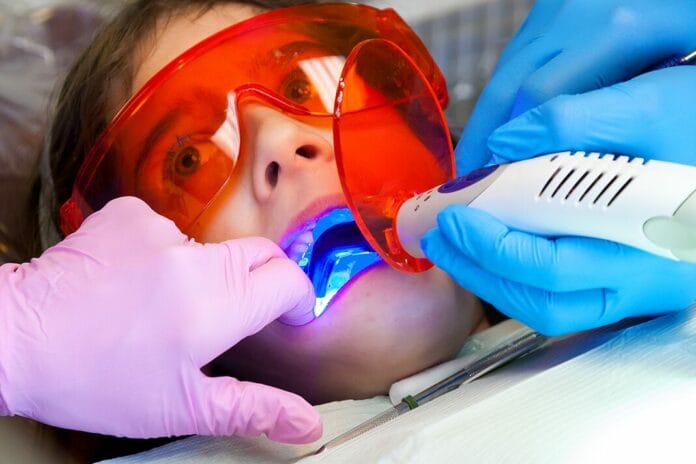Today's RDH
Researchers Look at Caries and Tooth Loss Effects of Brushing 3x Daily
The American Dental Association (ADA) and the Centers for Disease Control and Prevention (CDC) recommend brushing your teeth twice daily. Toothbrushing can be a...
Researchers Investigate the Association between Periodontitis and Endometriosis
Periodontitis affects approximately 46% of the United States adult population, while endometriosis affects between 5% and 10% of women of childbearing age worldwide. Observational...
Ancient Teeth Reveal Insights into Evolution of Oral Microbiomes
A study conducted by researchers from Trinity College Dublin, in collaboration with archaeologists from Atlantic Technological University and the University of Edinburgh, has discovered...
Systematic Review Evaluates Effects of Periodontal Treatment on Rheumatoid Arthritis and Anti-Rheumatic Drugs on Periodontitis
Rheumatoid arthritis (RA) and periodontitis share a key characteristic: chronic inflammation. Previous studies have identified an association between the two diseases. Individuals with RA...
Literature Review Analyzes Benefits of Incorporating Periodontitis Treatment into Diabetes Management
Type 2 diabetes is one of the fastest-growing diseases worldwide. The prevalence has more than tripled in the past 20 years. It is expected...
Systematic Review Examines Periodontitis and Development Risk of Immune-Mediated Conditions
Periodontitis is associated with an increased risk of the development of systemic conditions, such as cardiovascular disease, hypertension, and cognitive decline. It's been suggested...
Research Explores Potential Association Between Oral Health and Osteoporotic Fracture Risk
An association between poor oral health and a number of systemic diseases has been well established. However, questions remain regarding some systemic conditions, such...
Researchers Investigate the Associations of Dental Disease, Oral Hygiene Care, and Dementia Risk
Dementia impacts around 50 million individuals globally and is projected to double every two decades, making it a significant public health concern. Although dementia's...
The Research Behind Embrace WetBond Pit & Fissure Sealant
Disclosure: This article is sponsored content from Pulpdent as part of our sponsored partner program.
Dental caries remains one of the most prevalent chronic diseases in...
Researchers Investigate Metformin as an Adjunctive Therapy for Periodontal Disease Treatment
Periodontal disease is a complex inflammatory condition associated with an imbalance in the microbial environment, requiring effective cell turnover and regulation of inflammation to...
Researchers Identify Trajectories of Opioid Prescribing by Dentists in the United States
In the United States, dentists prescribe opioids more frequently and in higher quantities than their counterparts in other countries. This practice has been associated...
Systematic Review Evaluates the Impact of Vitamin D on Periodontal Health
Previously, it has been proposed that vitamin D could potentially improve periodontal health. In a recently published systematic review, the authors investigated the role...
Researchers Assess Dental Sealant Placement Rates After Implementing a Clinical Decision Support System
Dental sealants are a highly effective method for preventing dental caries in children and adolescents who are at higher risk of developing dental caries....
Researchers Evaluate Drug Therapy for Obesity-Related Sleep Apnea
In collaboration with international partners, researchers at the University of California San Diego School of Medicine have completed a study highlighting the potential of...
Ancient Dental Calculus Reveals an Oral Microbiome Shift After the Black Death
The 14th century's Second Plague Pandemic, also known as the Black Death, killed 30% to 60% of the European population and had a profound...


